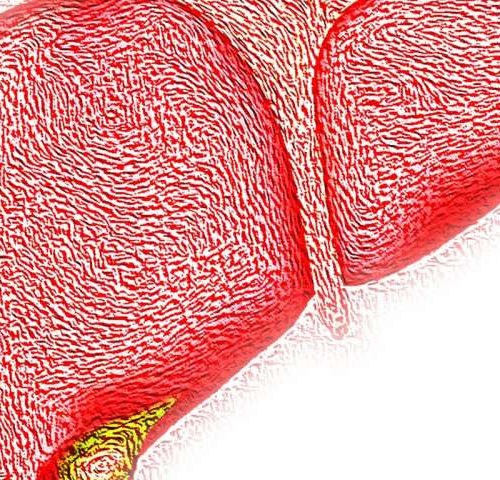by Massachusetts General Hospital Researchers at Massachusetts General Hospital have uncovered an unexpected connection between an imbalance of electrons in liver cells and many metabolic problems that increase the risk for conditions such as cardiovascular disease and fatty liver disease. Their findings, published in the journal Nature, shine a light on the phenomenon known as...
Tag: <span>Fatty liver</span>
Scientists Found A Way to Disable a Gene Responsible For Obesity: Worry About Getting Too Fat No More?
Scientists were able to prevent obesity in mice by blocking macrohages, key inflammatory cells, within the body. Researchers from the Washington University School of Medicine in St. Louis have successfully disabled a gene in specific mouse cells, preventing mice from becoming obese even after being fed a high-fat diet. Macrophages, vital inflammatory cells which are...
Vitamin E effective, safe for fatty liver in HIV patients
Type of fatty liver disease that commonly affects patients with HIV can be safely treated with vitamin E, a McGill-led study has found. Nonalcoholic steatohepatitis (NASH) is a severe form of nonalcoholic fatty liver disease (NAFLD) and is characterized by liver inflammation and cell damage. It is a potentially dangerous condition that can progress to...
Organ crosstalk: Fatty liver can cause damage to other organs
Nonalcoholic fatty liver disease is becoming more and more common. Approximately every third adult in the industrialized countries has a morbidly fatty liver. This not only increases the risk of chronic liver diseases (liver cirrhosis and liver cancer), but also in particular type 2 diabetes and cardiovascular diseases. The cause for this is the altered...
- 1
- 2


